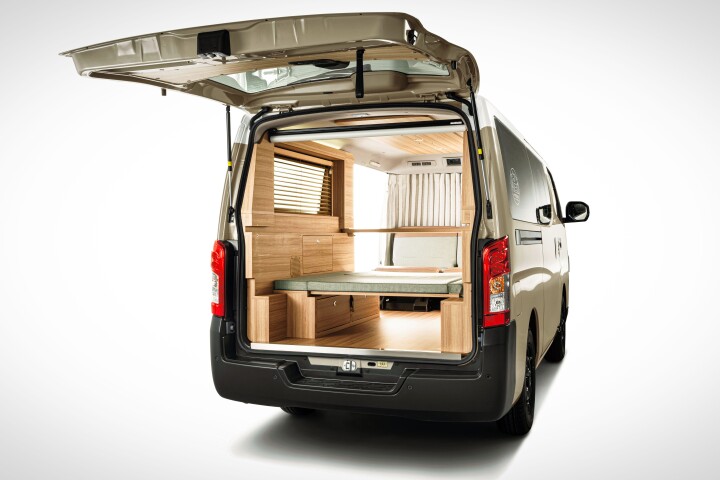Nissan has installed eight vehicle-to-grid (V2G) chargers at its Nissan Technical Centre Europe (NTCE) research and development center in Cranfield, UK. The technology makes it possible to both charge electric vehicles (EVs) and to draw energy from their batteries back to the grid when required.
The chargers have been installed for the use of employees at the NTCE, which is the first of Nissan's European facilities to receive the technology. They were developed by Nissan in partnership with energy provider Enel, with whom the carmaker launched a pilot earlier this year in which 100 V2G units are being rolled out across the UK.
The roll out of V2G technology and energy storage solutions is something Nissan has committed to doing at all of its major facilities in Europe, and it forms part of Nissan's Intelligent Mobility vision, which is aimed at changing how we get around by way of innovation. The carmaker says the V2G chargers at the NTCE will also help to demonstrate how EVs can form part of a cleaner and more efficient energy network.
"It gives us the opportunity to showcase to the world how the energy management systems Nissan is developing can work in a real-life business situation," explains NTCE vice president for vehicle design and development David Moss in a press release. "Integrating it into our own facilities demonstrates the confidence we have in the technology and our steadfast belief that our electric vehicles can play a pivotal role in developing an ecosystem of technologies that work seamlessly together to create sustainable and efficient solutions for the future."
Source: Nissan






